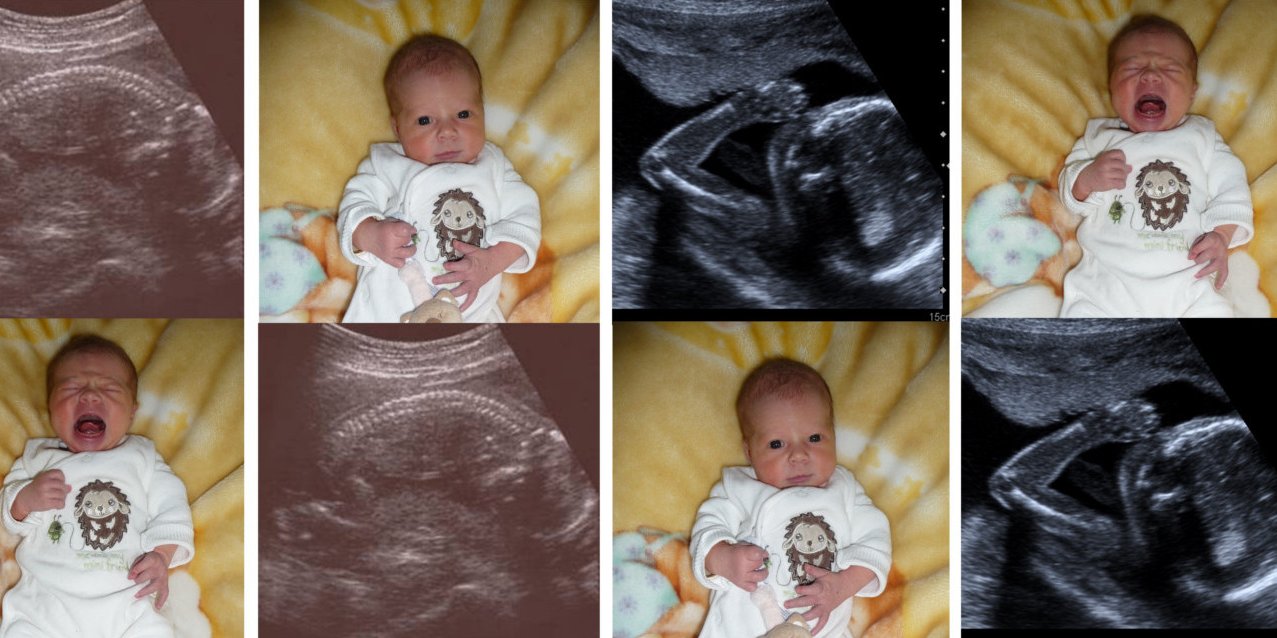
Description
The profession of midwifery provides a unique insight into the genesis of life and the family and combines psychological and medical disciplines in a unique and extraordinary way. Midwives work in the exciting, thoroughly unusual and special fields of pregnancy, birth, postpartum and family work.
The applied study programme in midwifery teaches the professional and personal skills required for independent and comprehensive midwifery work in both inpatient and outpatient settings. The legal basis for the newly designed study programme is the Midwifery Act (HebG) of 22 November 2019 (BGBl. 2019 Part I p. 1759) and the Study and Examination Ordinance for Midwives (HebStPrV) of 08 January 2020 (BGBl. 2020 Part I No. 2) and the competences for midwifery work described therein.
During their studies, students acquire the competences to independently and comprehensively advise and care for women during pregnancy, childbirth, the postpartum period and the breastfeeding period. Graduates of the study programme in midwifery acquire the skills to independently conduct physiological births and to examine, care for and monitor newborns and infants. In addition, students learn to know and apply the research areas of midwifery science and to transfer them to professional action and to develop interdisciplinary fields of action. The scientific findings are to be taken into account in their different systemic contexts in midwifery-specific care and developed further with a view to the future.
Professional Fields of Activity
- Work in the hospital (delivery room, maternity ward, prepartum ward)
- Freelance work (self-employed midwife, midwife practice, birth centre)
- Academic activity in science and research at universities
- Teaching at universities
- Counselling work in various social welfare offices, state or church institutions
Applications and Admissions
Admissions Requirements
- The legal basis for the study programme and the application process is the Midwives Act (HebG) of 22 November 2019 (BGBl. 2019 Part I p. 1759) and the Study and Examination Ordinance for Midwives (HebStPrV) of 08 January 2020 (BGBl. 2020 Part I No. 2).
- The study programme is divided into a practical part and a university part. The professional practical part takes place in cooperation with hospitals (HebG, § 13, § 15), the university part of the theoretical and practical teaching at the university (HebG, § 19 University; theoretical and practical seminars).
- A hospital practice partner is the legal prerequisite for carrying out the practical part of the study programme (HebG, § 13).
- The application process for the hospital practice partner takes place in cooperation with and coordination by the Medizinische Universität Lausitz - Carl Thiem (MUL-CT).
- Please use the list of hospital-Practice partner of the BTU for the practical part of the study programme and currently also the Website of the MUL-CT
- First, the application must be made to a hospital practice partner. The contract with the hospital practice partner forms the basis for the application to the BTU for the study programme in midwifery.
- The application and enrolment at the BTU takes place with the contract of the hospital practice partner.

